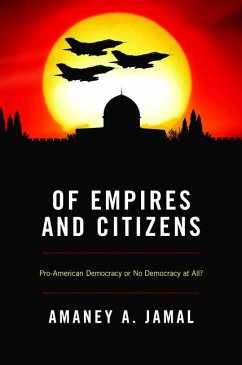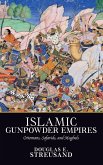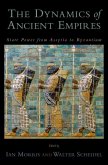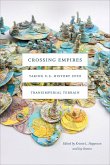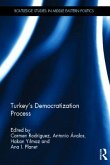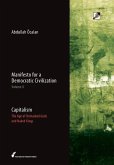"This original book adds to the substantial research concerned with domestic factors and the persistence of authoritarianism in the Arab world. It also opens a new line of inquiry by demonstrating the role of international factors in relationships between the Arab governments and the United States. An impressive and rich work."--Mark Tessler, University of Michigan "This book shows that democracy in the Middle East threatens the interests of the middle classes who rely heavily on American aid. They fear that democracy will bring to power populists wishing to undermine American regional hegemony resulting in a loss of their aid lifeline. The book's compelling argument and its relevance to current policy concerns are significant."--David Laitin, Stanford University "Arguing that the lack of democratization in the Middle East is tied to the critical role the United States plays in the region, this strong book extends our understanding of how international relations affects citizens' perceptions and engagement with the state."--Ellen Lust, Yale University "Jamal makes a persuasive case for an important but never-before tested argument: U.S. policy in the Arab world has been one of the principal obstacles to democratic development in the region. A wonderful addition to debates about impediments to democracy, the sources and consequences of anti-Americanism, and the character of U.S. foreign policy, this book is essential reading."--Lisa Anderson, American University in Cairo
Hinweis: Dieser Artikel kann nur an eine deutsche Lieferadresse ausgeliefert werden.
Hinweis: Dieser Artikel kann nur an eine deutsche Lieferadresse ausgeliefert werden.

